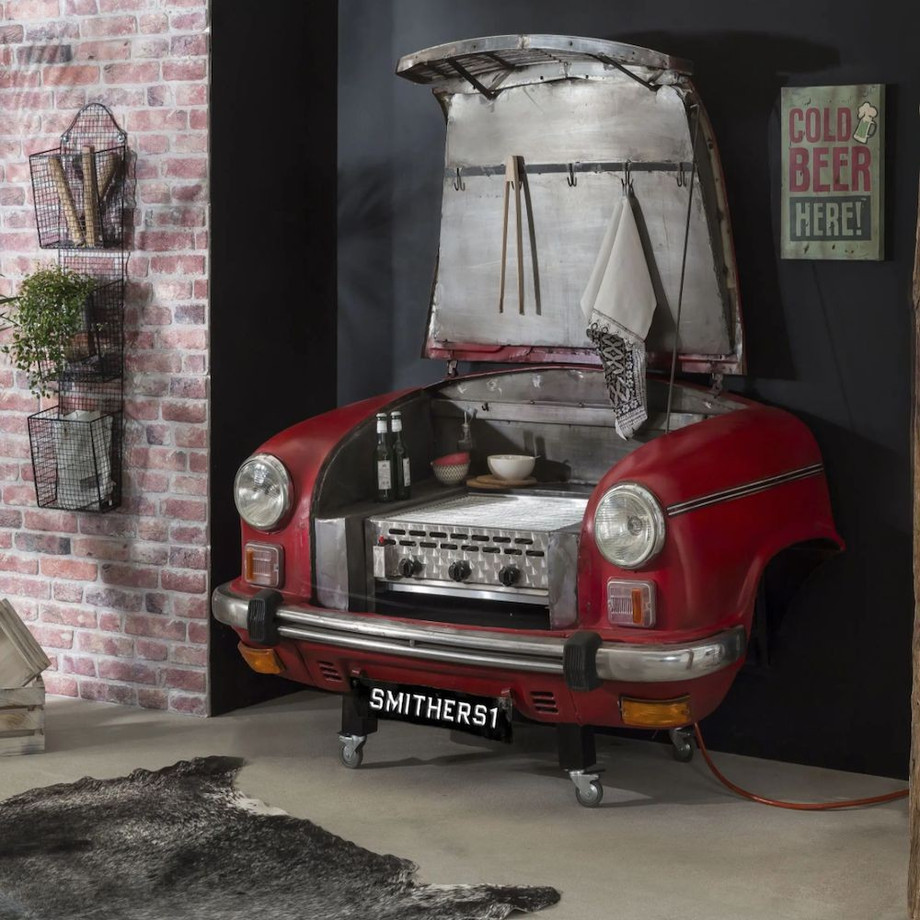Vous êtes intervenant socioéducatif, vous avez suivi les formations RID Euromed, vous avez expérimenté auprès de publics, vous souhaitez partager vos expériences, bien ou mal vécues, avec des collègues, des pairs, cet espace est un lieu d’échanges mis à votre disposition.

A propos de moi
Bespoke furniture has long been revered as the pinnacle of craftsmanship and personalized design in the world of interior decor. Unlike mass-produced pieces, bespoke furniture is tailor-made to meet the specific needs, preferences, and spaces of the individual client. This article delves into the essence of bespoke furniture, its history, the process of creating it, its benefits, and why it remains a timeless choice for those seeking to elevate their living spaces.
A Brief History of Bespoke Furniture
The tradition of bespoke furniture dates back centuries, rooted in the craftsmanship of ancient civilizations. In medieval Europe, skilled artisans created custom pieces for royalty and the elite, ensuring each item was not only functional but also a work of art. The Industrial Revolution brought about mass production, making furniture more accessible but often at the expense of individuality and quality. However, the desire for unique, handcrafted pieces persisted, leading to the resurgence of bespoke furniture in the 20th century. Today, it is celebrated as a fusion of traditional techniques and modern innovation, catering to a discerning clientele.
What Makes Bespoke Furniture Unique?
Bespoke furniture stands apart due to its customization, quality, and attention to detail. Each piece is designed and crafted to fit seamlessly into a specific space, reflecting the client's personality and lifestyle. Unlike off-the-shelf furniture, bespoke pieces are not constrained by standard sizes, materials, or designs. This level of personalization ensures that every item is one-of-a-kind, making it a true investment in both form and function.
The Process of Creating Bespoke Furniture
The journey of crafting bespoke furniture is a collaborative and meticulous process that involves several stages:
- Consultation and Design Brief: The process begins with a detailed consultation between the client and the designer or craftsman. During this phase, the client's vision, preferences, and requirements are discussed. Factors such as space dimensions, material choices, and stylistic preferences are taken into account to create a design brief.
- Conceptualization and Design: Based on the brief, the designer creates initial sketches or digital renderings of the proposed piece. This stage allows the client to visualize the furniture and provide feedback, ensuring the design aligns with their expectations.
- Material Selection: Bespoke furniture often features high-quality, premium materials such as solid wood, metal, glass, or upholstery fabrics. The client can choose materials that not only suit their aesthetic but also meet their durability and sustainability criteria.
- Craftsmanship and Production: Once the design and materials are finalized, skilled artisans bring the piece to life. Traditional techniques such as joinery, carving, and finishing are often employed, though modern tools and technology may also be utilized to enhance precision and efficiency.
- Quality Control and Finishing: Each piece undergoes rigorous quality control checks to ensure it meets the highest standards. Finishing touches, such as polishing, staining, or upholstery, are applied to enhance the furniture's appearance and durability.
- Delivery and Installation: The completed piece is delivered to the client's home and installed with care, ensuring it fits perfectly into the designated space.
Benefits of Bespoke Furniture
- Personalization: Bespoke furniture is designed to reflect the client's unique taste and lifestyle, making it a true extension of their personality.
- Quality and Durability: Crafted from premium materials and built to last, bespoke pieces often become family heirlooms, passed down through generations.
- Space Optimization: Custom furniture is tailored to fit specific dimensions, maximizing space and functionality, especially in unconventional or compact areas.
- Sustainability: Many bespoke furniture makers prioritize sustainable practices, using ethically sourced materials and minimizing waste.
- Investment Value: While bespoke furniture may come with a higher upfront cost, its longevity, uniqueness, and craftsmanship often make it a valuable investment.
Trends in Bespoke Furniture
As with any design field, bespoke furniture evolves with changing trends and client preferences. Some current trends include:
- Minimalism and Simplicity: Clean lines, neutral colors, and uncluttered designs are increasingly popular, reflecting a desire for calm and serene living spaces.
- Sustainable Materials: Clients are more conscious of the environmental impact of their choices, leading to a rise in the use of reclaimed wood, recycled metals, and eco-friendly finishes.
- Technology Integration: Smart furniture, such as pieces with built-in charging stations or adjustable features, is gaining traction as technology becomes an integral part of daily life.
- Cultural and Artistic Influences: Bespoke furniture often incorporates elements from diverse cultures or artistic movements, creating pieces that are both functional and culturally significant.
Choosing the Right Bespoke Furniture Maker
Selecting the right craftsman or designer is crucial to achieving the desired outcome. Here are some tips for making an informed choice:
- Research and Reviews: Look for makers with a strong portfolio and positive client testimonials.
- Communication: Ensure the designer understands your vision and is willing to collaborate closely throughout the process.
- Experience and Expertise: bespoke furniture London designers Choose someone with a proven track record in creating bespoke pieces that align with your style and requirements.
- Transparency: Discuss costs, timelines, and any potential challenges upfront to avoid surprises later.
Conclusion
Bespoke furniture is more than just a piece of decor; it is a testament to the artistry, skill, and individuality that define exceptional craftsmanship. Whether you seek a statement piece for your living room or a functional solution for a challenging space, bespoke furniture offers unparalleled customization and quality. In a world dominated by mass production, investing in bespoke pieces is a way to celebrate uniqueness, heritage, and the timeless beauty of handcrafted design. As trends come and go, the allure of bespoke furniture remains steadfast, continuing to inspire and enrich homes around the globe.
Position
Travail